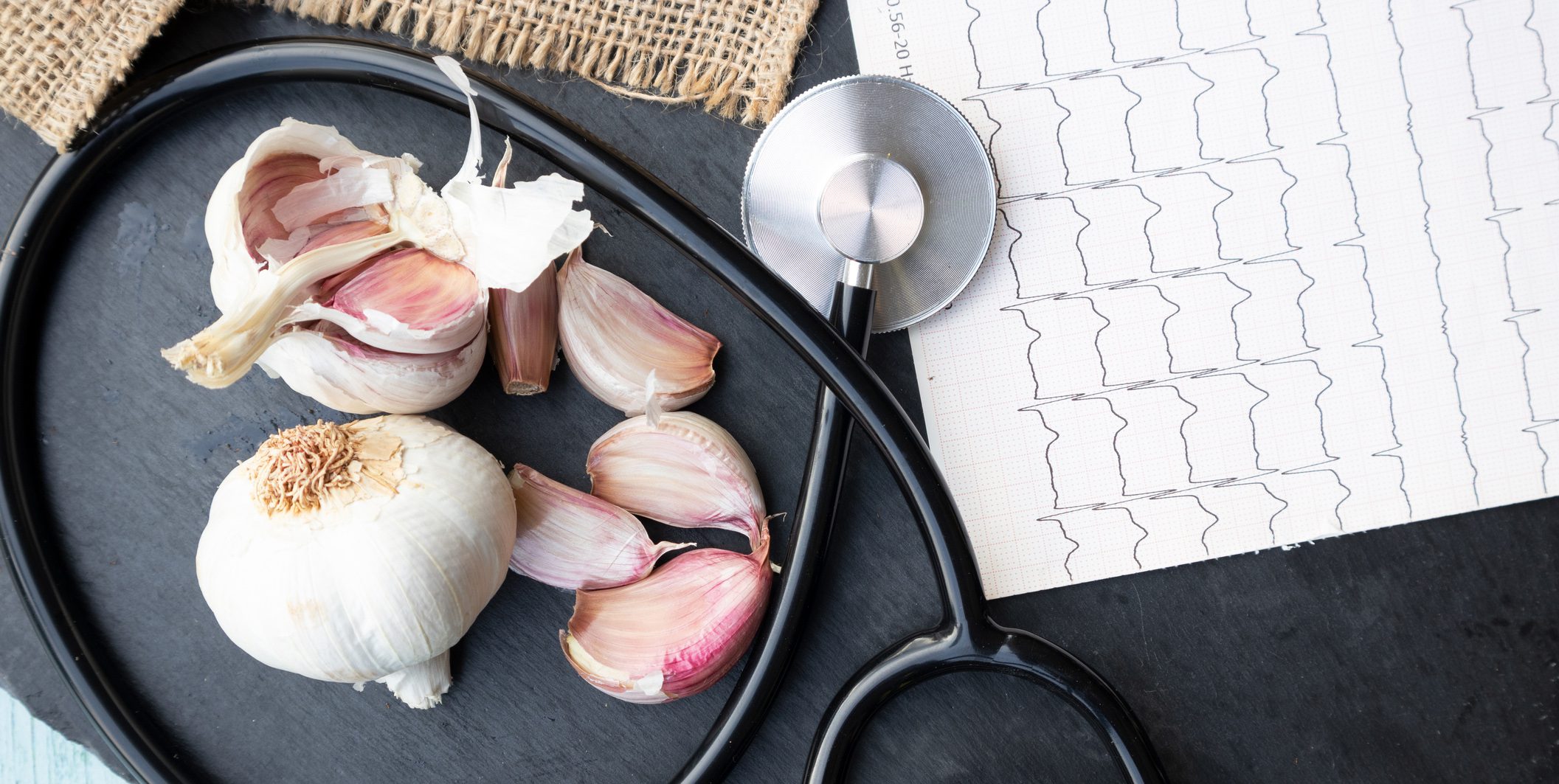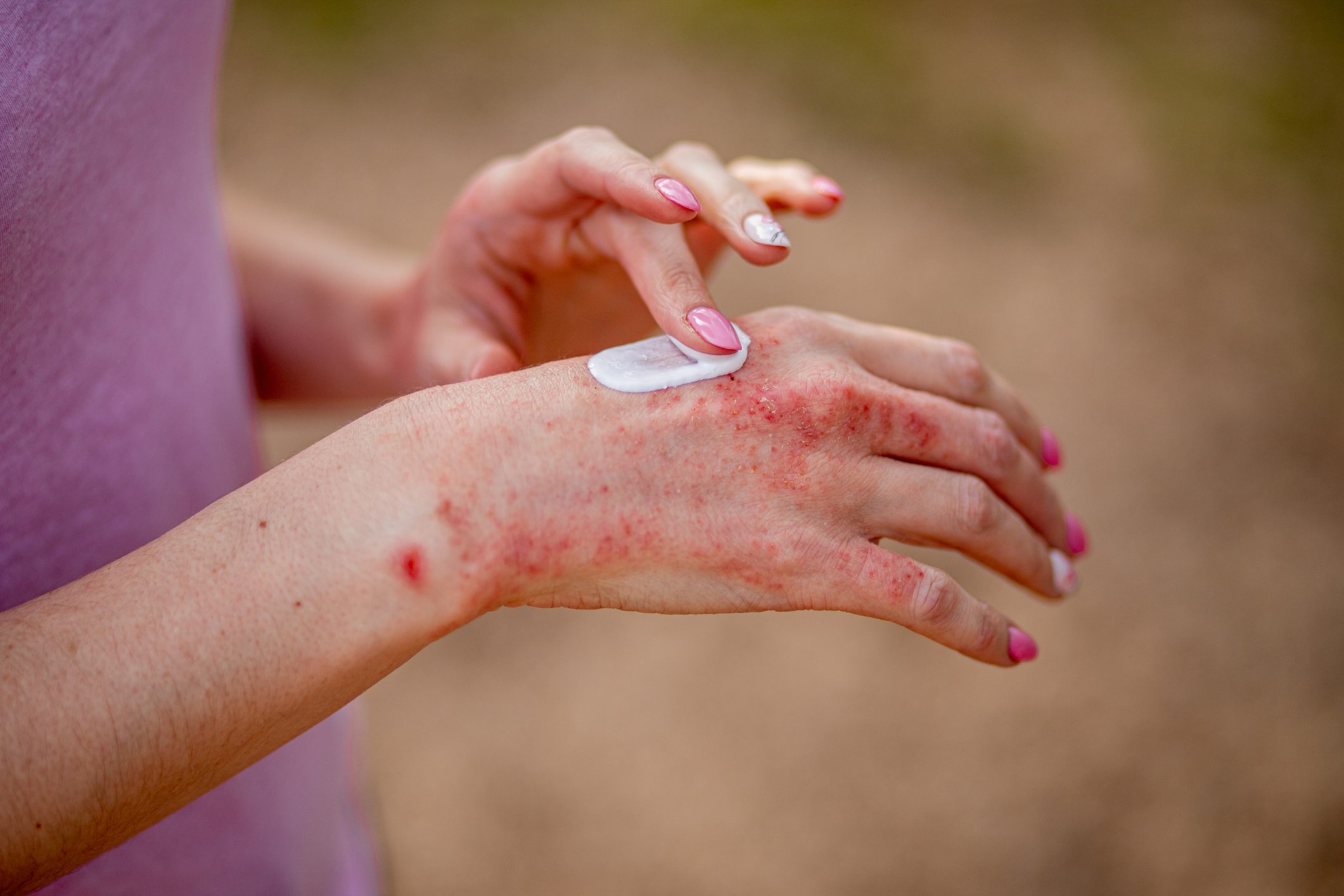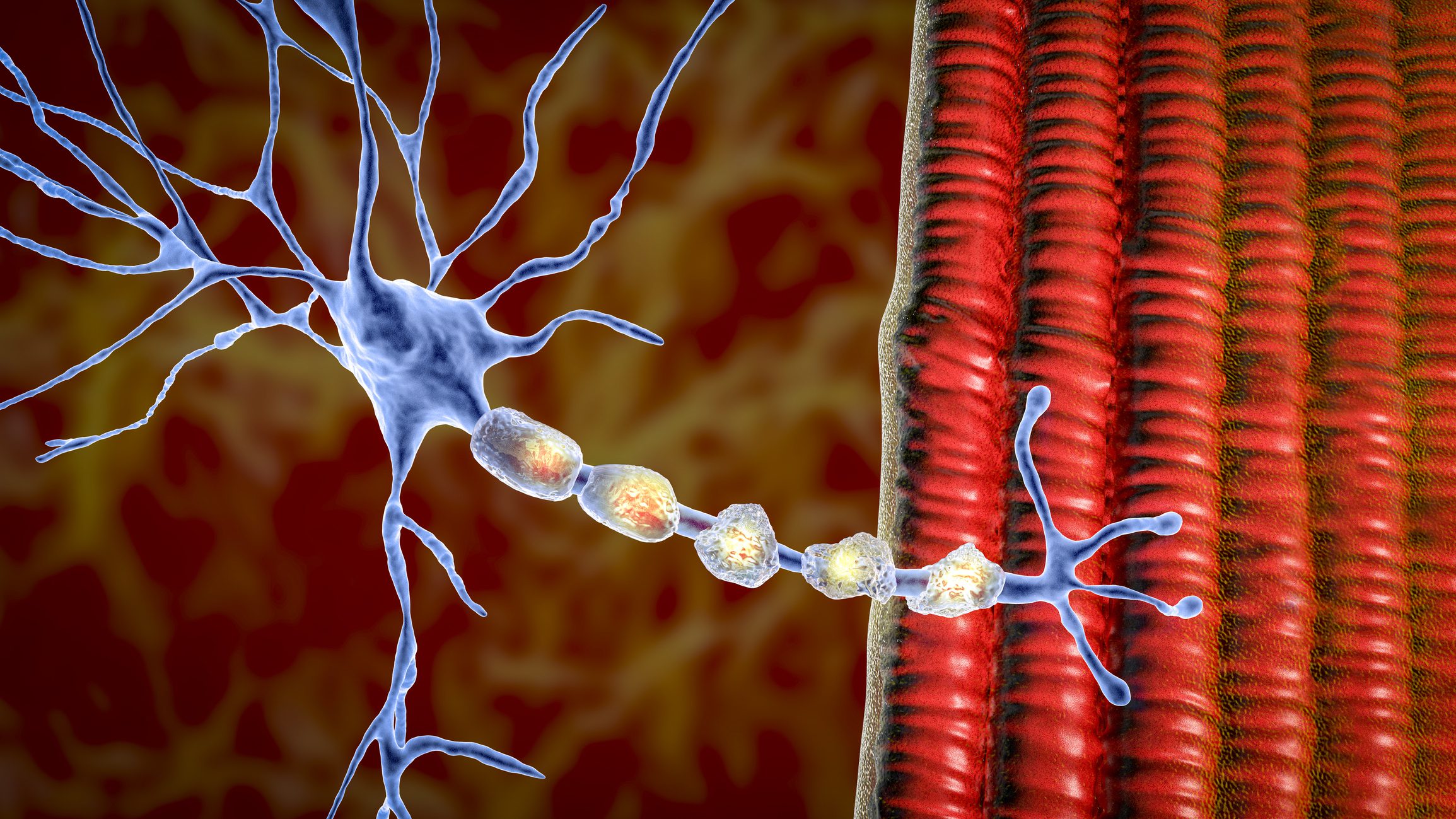Arterial hypertension is a key risk factor for the development of cardiovascular disease worldwide. It is one of the most frequently diagnosed conditions in GP care and requires consistent, guideline-based treatment. Despite the good efficacy and availability of classic antihypertensives, however, blood pressure control in daily practice often remains inadequate. The search for supportive or alternative forms of therapy is therefore becoming increasingly important. Against this background, garlic (Allium sativum) is increasingly coming into focus.
Autoren
- Tanja Schliebe
Publikation
- PHYTOTHERAPIE PRAXIS
Related Topics
You May Also Like
- Type 2 diabetes - glycemic control and prevention of secondary diseases
Utilizing pleiotropic cardio- and nephroprotective effects of SGLT-2-i and GLP-1-RA
- Subsyndromal anxiety disorders: Family doctor as first point of contact
Practical recommendations for diagnostics and therapy
- Patient-centered rounds in medicine
Aligning care with the patient
- Restless legs syndrome in children
Relationship between restless legs syndrome and growing pains
- Between hope and evidence gaps
Tinnitus and phytotherapy
- Case Report
17-year-old patient with acne fulminans
- Oncology
Study updates from the ESMO Congress
- High-dose influenza vaccine











